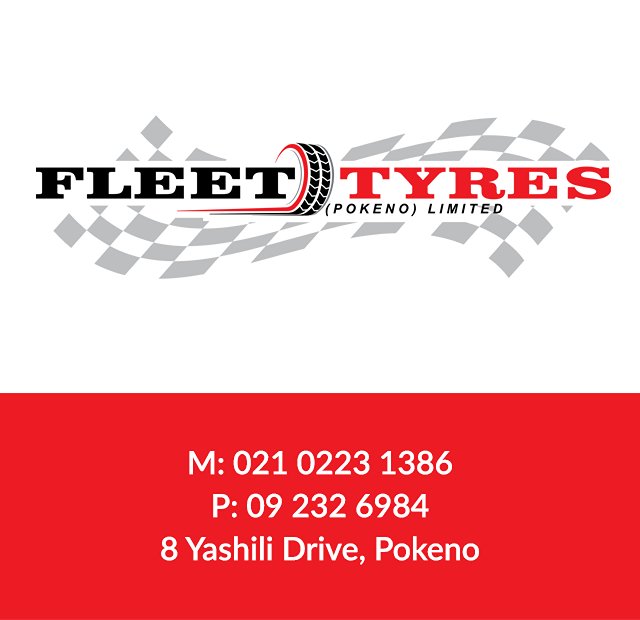

Year 0–8 | Growing Curious, Connected, and Critical Thinkers
At Te Paina School, we believe inquiry learning nurtures curious, capable, and collaborative learners. Our Inquiry Framework empowers ākonga to explore meaningful questions, connect with their world, and take action.
Grounded in the New Zealand Curriculum and our local context, inquiry learning at Te Paina is:
Our inquiry model honours Te Tiriti by:
We design inquiries that:
Inquiry supports the development of:
We use a flexible 5-phase inquiry model that supports progression across Years 0–8, adapting complexity and independence as students grow.
In Years 0–2, this may involve play-based provocations, oral discussions, picture books, and sensory experiences.
Collaborative investigation is encouraged using DMIC-aligned group structures.
In upper primary, this may include critical analysis, synthesising multiple viewpoints, and evaluating evidence.
Inquiries may culminate in action that connects with sustainability, community improvement, or wellbeing.
| Level | Focus | Teacher Role | Student Role |
| Years 0–2 | Exploring through play and curiosity | Model, guide, ask open questions | Explore, wonder, respond orally or through drawing |
| Years 3–4 | Building inquiry habits | Scaffold question creation, model research | Ask, record, sort, and share ideas in varied forms |
| Years 5–6 | Investigating more deeply | Co-plan, teach research and thinking strategies | Research, reflect, collaborate, take small actions |
| Years 7–8 | Independent, critical inquiry | Facilitate complex inquiry processes | Lead inquiry, evaluate sources, take community-focused action |
We assess inquiry learning through:
Assessment is formative, with the process being valued as much as the product.
Inquiry is a rich context to:
We actively involve whānau in inquiry by:
| Big Idea | Sample Questions | Possible Actions |
| Kaitiakitanga (Guardianship) | How can we care for our awa? | Plant trees, create signage, write to council |
| Identity and Culture | What makes us who we are? | Create personal pepeha, class culture quilt |
| Innovation and Invention | How do ideas become solutions? | Build prototypes, host a mini maker expo |
| Sustainability | What does zero waste mean for us? | Audit classroom waste, run a recycling drive |
| Social Justice | What’s fair? What’s not? | Create posters, write letters, support a cause |
At Te Paina School, inquiry is not a subject—it’s a way of learning. It grows thinkers, leaders, and contributors who are ready to shape their world. We nurture ākonga who ask powerful questions, seek understanding, and take thoughtful action.
Parents, please support our local businesses



Call Direct
Send Email
Visit Website

Call Direct
Send Email
Visit Website

Scan this code to download the app
Download our Skool Loop App, a simple and free download. In Google Play & App Store search ‘Skool Loop’ and choose our school once installed.
